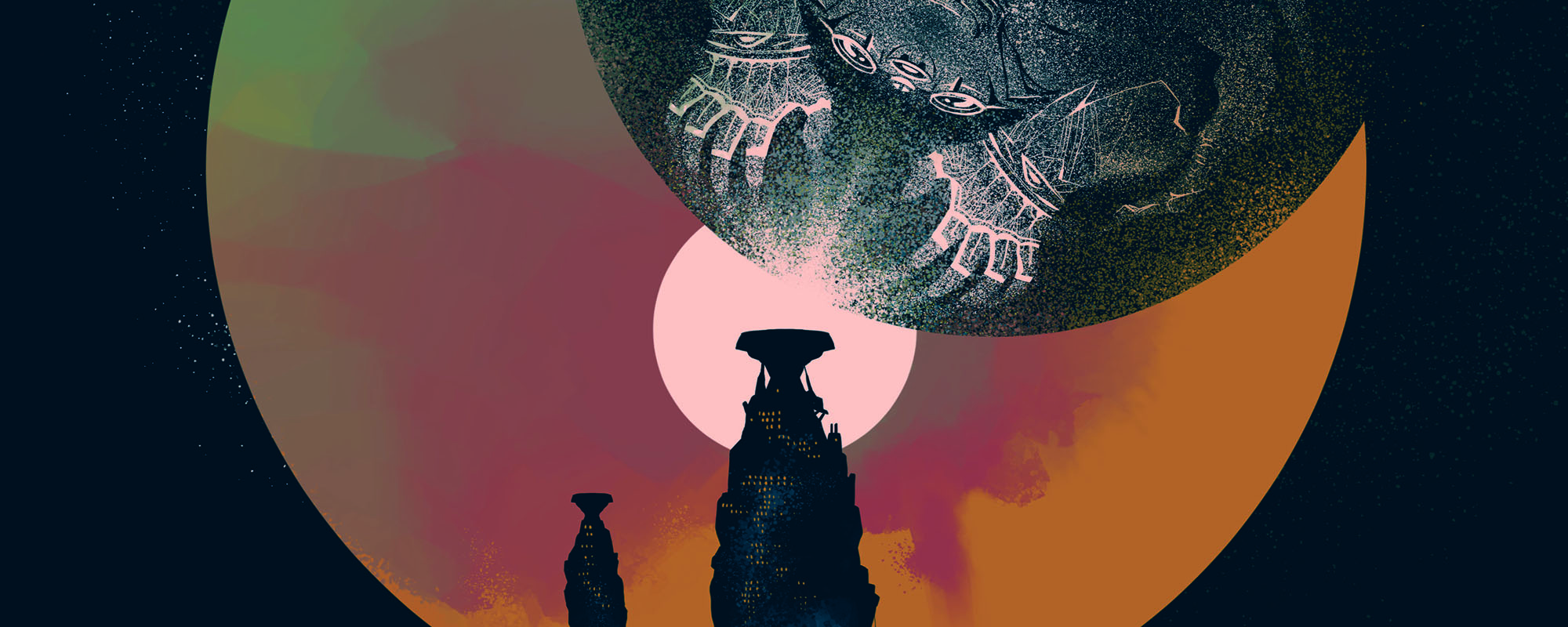Book Review by Dr Jurgen Gatt
Let me start this book review with a prediction. As your eyes ran over the title of this page just a few seconds ago, a flurry of thoughts and images raced through your mind: hunger, illness, HIV/AIDS, Boko Haram, migrants, elephants, gazelles, and lions, slavery, Joseph Conrad’s novel about the horrors of the Belgian Congo, Heart of Darkness. These images, I argue, are about as representative of Africa as the moustache and the baguette are of France. While clichés might hold an element of truth, they surely reflect a profound unfamiliarity with France if one thinks only of these caricatures. The state of our ignorance about Africa—a continent of some 30 million square kilometers that houses well over a billion people—is immeasurably worse.
Martin Meredith’s excellent book The State of Africa has an easy-to-read style and a fast pace, and it attempts to remedy this all-too-common deficiency in our understanding of the continent. The book reviews the history of some 70 years of African history. Starting with the first uneasy and bloody stumbling steps toward decolonisation, the work chronicles the first experiments with one-state African socialism, the burgeoning private coffers of corrupt officials, and the tyrants who replaced them. Finally, the book leads to an unbiased account of the emergence of Africa onto the world stage and discusses the various problems which still plague most of its countries.
The State of Africa is at its most enjoyable in its stark portrayal of the characters of the early African liberation movement. The image of Senghor—a poet cum politician of Senegal—is particularly powerful. The author does not shirk from recounting, often in great and painful detail, the ensuing downfall of most of Africa’s early heroes as they assumed political power. The account is highly selective. Yet, in a series of powerful stories and stark images, the book effectively conveys—in just over 700 pages—exactly what its title promises: a picture of the current state of the African continent and enough historical depth for one to conceive how it came about.
This book fulfils an important function. As the vast continent struggles to find its footing, the nations of Africa are gaining greater relevance in our ever-shrinking world. The North’s ignorance of its southerly neighbours has for too long been lamentable. Now it is becoming inexcusable.





Comments are closed for this article!